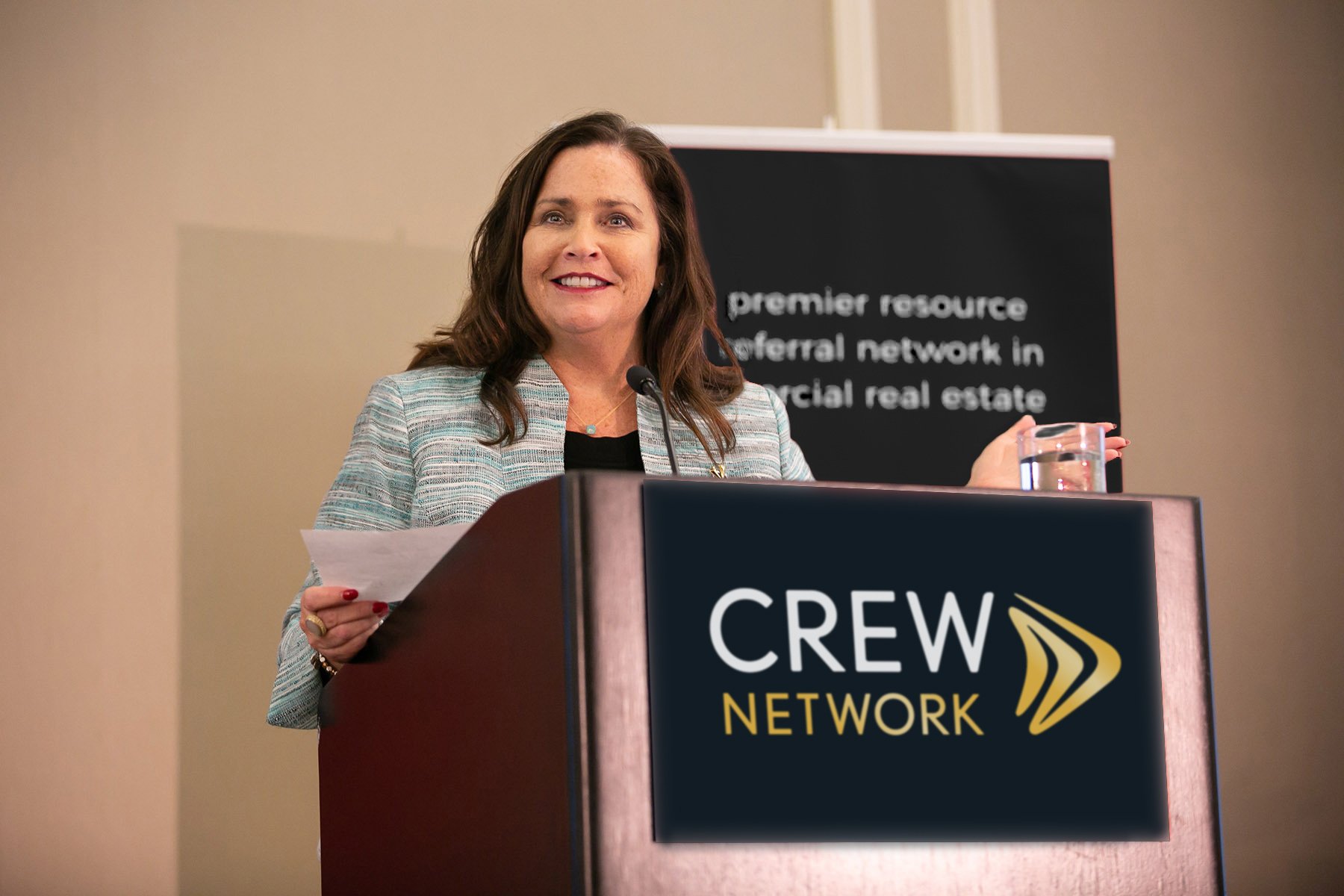In the experience of women and minorities in commercial real estate, the pandemic world might have been narrated by Charles Dickens: It was the best of time and the worst of times. That's according to a 2021 industry research paper from CREW Network, says CEO Wendy Mann.
"Everyone I've spoken to in our membership, the first thing I ask them is 'how's your market doing?'" says Mann. "They've all consistently said, 'You know, I am so busy, things are going really well.'"
A survey of more than 1,000 CRE professionals across more than 25 specializations and 10 sectors in the US, UK and Canada showed surprising strength in earnings. That helped lead to 76% of respondents reporting that their compensation had either remained the same or increased. Still, a large majority of respondents felt some form of career disturbance, with 70% of respondents saying the pandemic either stalled or derailed progress for women in the industry. The research further notes that added stress from the pandemic has led to re-evaluations of personal priorities after job and life pressures, with 68% of respondents favoring a company with flexible work arrangements. Mann says this means that companies wanting to be competitive for talent need to reconsider their strategies and cultures.
Recommended For You
"In the fall of last year and this year, there have been a lot of jobs open and it's hard to find people," Mann notes. "Employers are compensating good employees because they want them to stay on board and keep them satisfied, and salary is certainly part of that."
But Mann adds that the prosperity has not resulted in a windfall for all communities. Notably, 33% of Black and Hispanic/Latinx professionals received compensation increases last year, versus 40% overall. She thinks factors include a lack of access to the roles and deals to which others have access. Also, minority professionals had the highest levels of job losses in the industry, with 27% of Hispanic/Latinx and 16% of Black respondents reported losing their job, versus 12% overall.
And what about that reevaluation of personal and professional wants? "Nine out of ten women said their personal priorities had changed," Mann says. "They value and are pushing for more flexibility than ever before" because of working from home and often balancing professional responsibilities with caring for children and their education.
For companies, the big lesson is that times are changing, and they had best keep up. "Now is the time for companies to really embrace creating the workforce of the future or the culture of the future for their companies," Mann explains. "They need to take note of that now to avoid losing the best and brightest. Employment is going to be more competitive and it's difficult to find good people, and it's costly. We need to have a higher level of trust in our people to give them the things they're looking for. You can't just throw money at this problem. You really have to make fundamental change."
If not, companies could quickly find themselves in poor position to attract the talent they need to remain competitive and successful.
© Touchpoint Markets, All Rights Reserved. Request academic re-use from www.copyright.com. All other uses, submit a request to [email protected]. For more inforrmation visit Asset & Logo Licensing.




